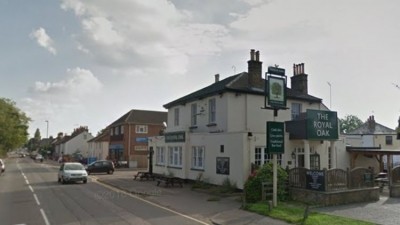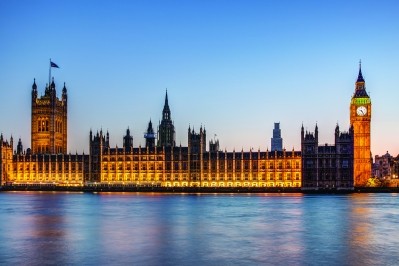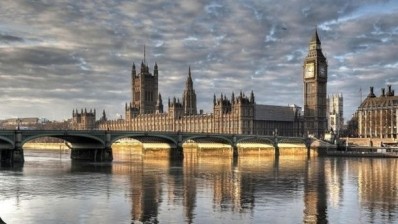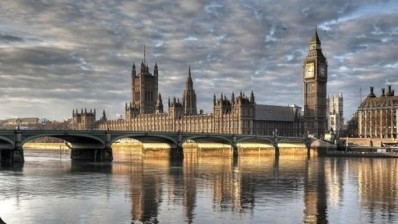BBPA concerns ‘addressed’ by latest amendment to permitted development rights
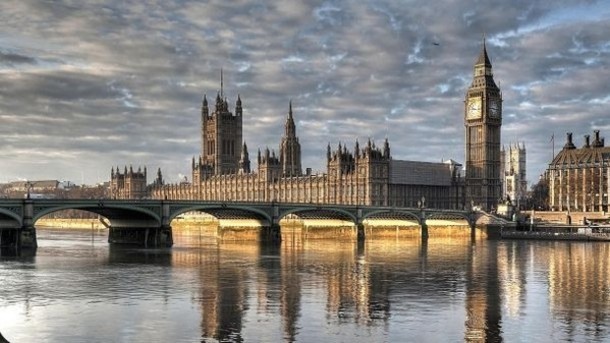
On Friday (24 March), the Department for Communities and Local Government (DCLG) confirmed that “the Government will support" changes that will make it harder for big chains and developers to buy out individual pubs and change their use or demolish them.
Commenting on the latest amendment, BBPA chief executive Brigid Simmonds said: “Under this new amendment, rather than being placed in a class of their own, pubs would remain in the A4 use class, with the specific right to extend restaurant use of the pub without requiring planning permission – we had been very concerned that food-led pubs could have been disadvantaged by the House of Lords’ original amendment.”
Government has ‘moved a considerable distance’
Simmonds said: “We are looking at this in detail with our members, but it is clear that this new, alternative proposal from the Government has moved a very considerable distance to address our concerns, which is good news.
“This proposal should also remove an incentive for local authorities to pursue Article 4 directions and [encourage support for] ACV (assets of community value) ‘mass listings’, which would be a positive step.”
Simmonds said she understood the wish to protect pubs but added that people must consider why current planning rules exist and the importance of the flexibility they offered.
The BBPA had also been concerned that the Lords' amendment would place large and unnecessary burdens on small pub operators.
In February, the House of Lords voted by a majority of 90 to support the original amendment, tabled by Lord Kennedy of Southwark. This means developers would require planning permission to demolish or change the use of a pub.
Some '15 pubs a year will be saved'
Planning For Pubs Ltd heritage and planning consultant Dale Ingram has also welcomed the Government’s new amendment removing PDRs, which “for too long stripped communities of their much-loved locals”, she said.
“CAMRA's (Campaign for Real Ale) statistics indicate that about 1,200 pubs are closing every year and that, of these, 120 will be converted or demolished under the present permitted development regime,” she said.
“However, in my experience, only one in six pub closures results in any concerted community action for their retention. This means that of the 120 permitted development losses, only 20 will be of concern to their community.”
Ingram said pubs that are heritage-listed or located in conservation areas, which accounts for at least half of the country's pub stock, “cannot be demolished without planning consent so will be unaffected by the Amendment 1 (b) controlling demolition”.
She continued: “My estimate, therefore, of the total number of valued community pubs that will be saved by this measure is about 15 a year."
Ingram has said that one aspect of the amendment that concerns her is that pubs can be converted to a mixed-use pub and restaurant without a planning application.
“The vast majority of pubs now serve food and many have dedicated restaurant areas that are indivisible from the pub use, or in planning parlance are 'ancillary'. In planning terms, mixed uses such as that proposed in this amendment are 'sui generis' (unique).
“Consequently clause 1 (c) may have the unfortunate, and I am sure unintended, result of negating councils' local plan pub protection policies which apply only to A4 drinking establishments and not to 'sui generis' mixed uses.
“I will be calling on the minister and DCLG to give careful consideration to this danger and as to whether this measure is therefore necessary and what their intention is in enacting it.”
The amendment will be considered at the House of Commons on Tuesday 28 March.
